Is Vomiting or Diarrhea After Deworming Normal for Cats?
Introduction
Deworming is an essential component of feline healthcare, targeting internal and external parasites that can compromise your cat’s wellbeing. While most cats tolerate deworming medications without incident, mild gastrointestinal upset such as vomiting or diarrhea may occur. This guide will help you understand potential side effects, recognize when they are within normal limits, and determine when to seek veterinary care.
Understanding Deworming Medications
Veterinarians commonly prescribe deworming treatments such as oral tablets, topical liquids, and injectables. These medications work by paralyzing or killing parasites like roundworms, tapeworms, and hookworms, promoting their expulsion from the body. Active ingredients can include praziquantel, fenbendazole, pyrantel pamoate, and selamectin.
Common Side Effects
Most cats experience no adverse reactions following deworming. However, some gastrointestinal symptoms may emerge:
· - Mild vomiting
· - Loose stools or diarrhea
- Loss of appetite for 12–24 hours
These effects generally resolve within 24–48 hours as the medication completes its action and the cat’s digestive system normalizes.
Vomiting After Deworming
Vomiting may occur because deworming agents can irritate the stomach lining. If your cat vomits once or twice within several hours after administration, monitor their condition at home by withholding food for two hours, then offering a small, bland meal. Ensure fresh water is available to prevent dehydration.
Diarrhea After Deworming
Diarrhea can result as the body expels parasites and adjusts to changes in gut flora. Offer a highly digestible diet—boiled chicken and rice—for 24 hours while observing stool consistency. Reintroduce regular food gradually over 1–2 days.
Managing Mild Reactions at Home
To support your cat through mild gastrointestinal upset:
· - Provide fresh water continuously to maintain hydration.
· - Use unsweetened probiotics formulated for cats to restore healthy gut bacteria.
· - Offer small, frequent meals of a bland diet.
- Keep your cat in a calm, stress-free environment.
When to Contact Your Veterinarian
Seek immediate veterinary attention if you observe:
· - Persistent vomiting (more than 2 episodes in 6 hours)
· - Severe diarrhea with signs of dehydration (sunken eyes, dry gums)
· - Lethargy, weakness, or collapses
- Blood in vomit or stool
Prevention and Aftercare
Routine fecal examinations every 6–12 months help identify parasite burdens early. Maintain strict hygiene by cleaning litter boxes daily and limiting outdoor roaming in high-risk areas. Regular preventative treatments, as recommended by your veterinarian, reduce the likelihood of heavy infestations.
Conclusion
Mild vomiting or diarrhea after deworming can be normal and often resolves with simple home care. Observant aftercare and preventative practices safeguard your cat’s digestive health. Always consult your veterinarian if symptoms intensify or persist beyond 48 hours.

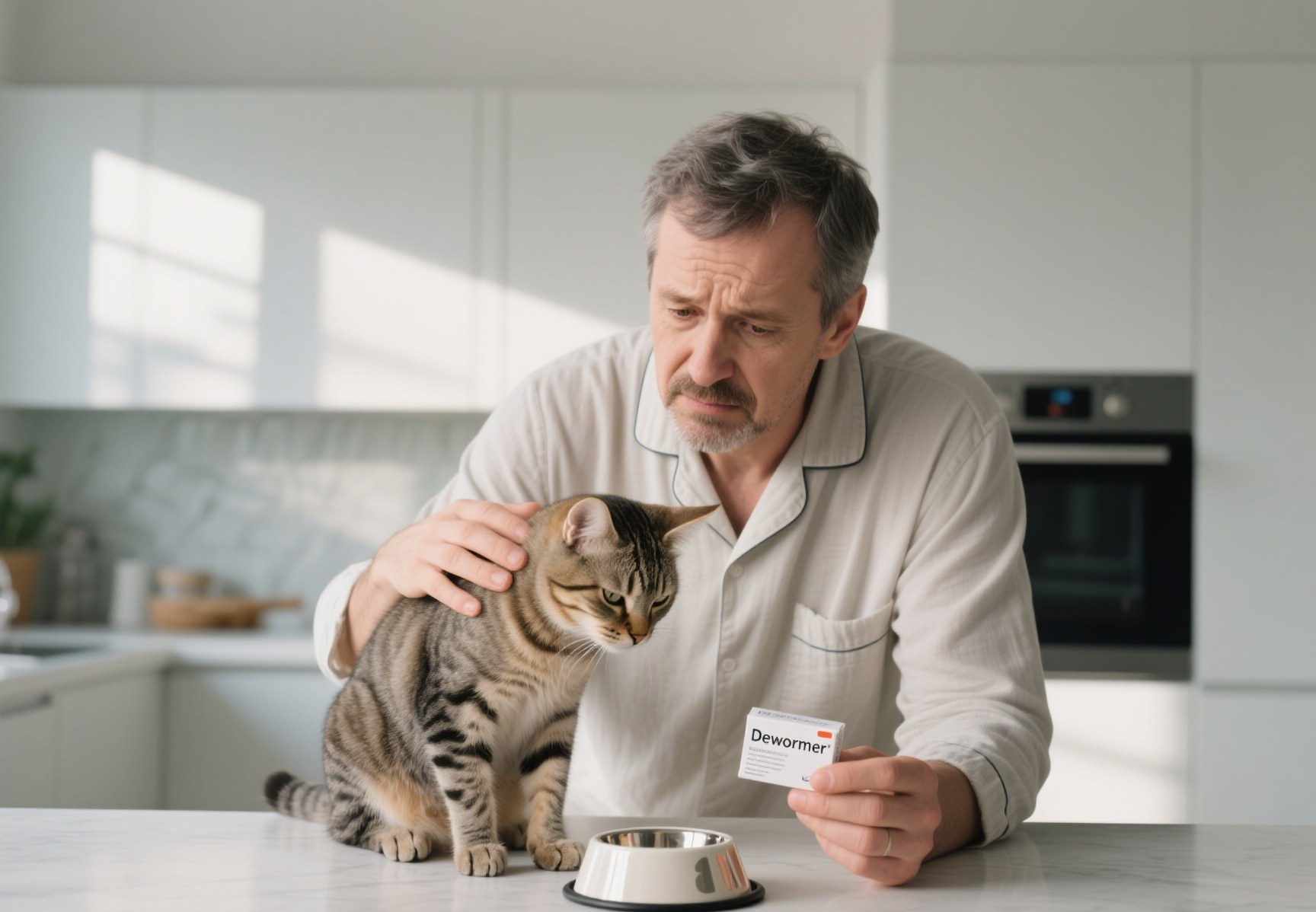
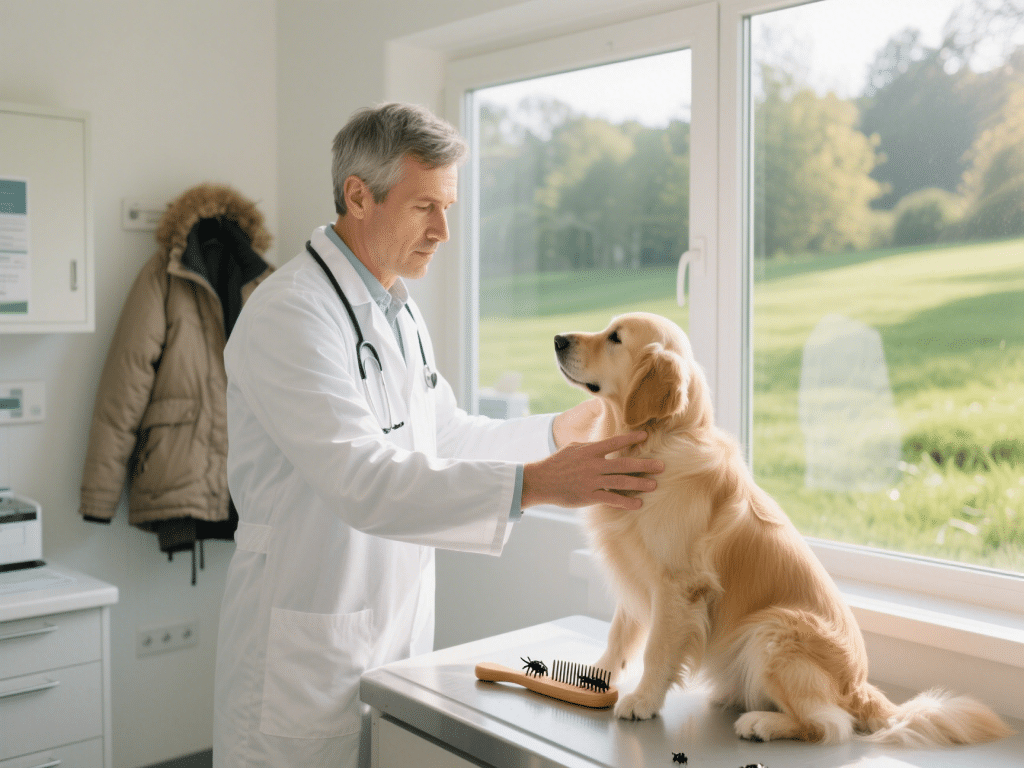
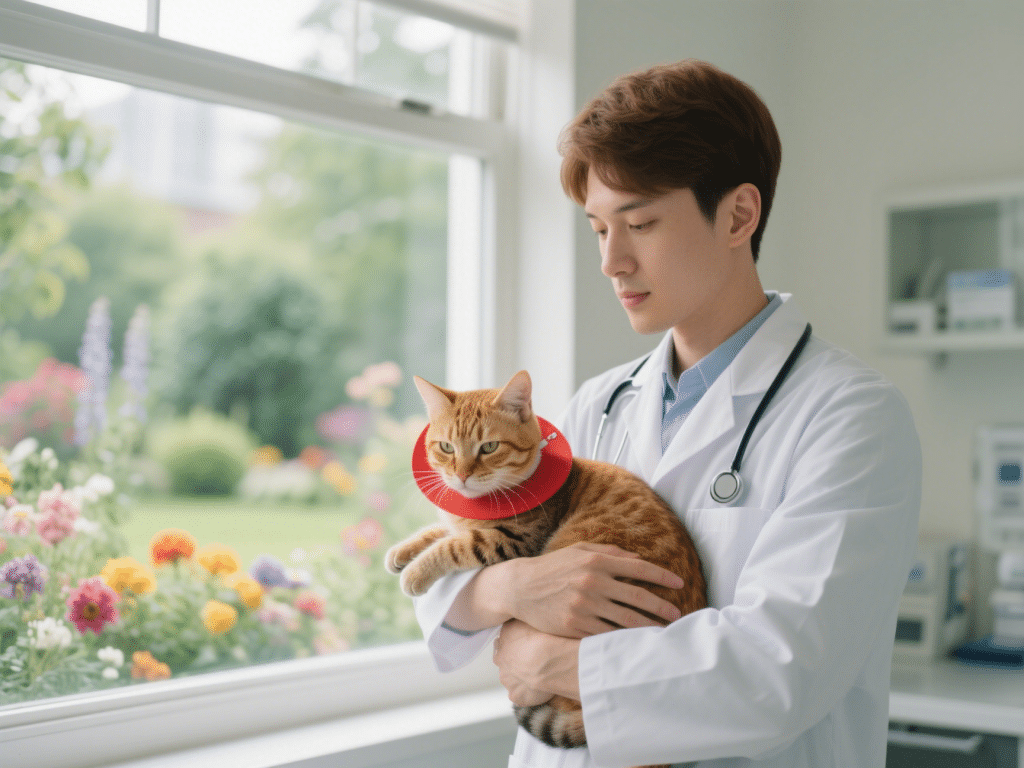


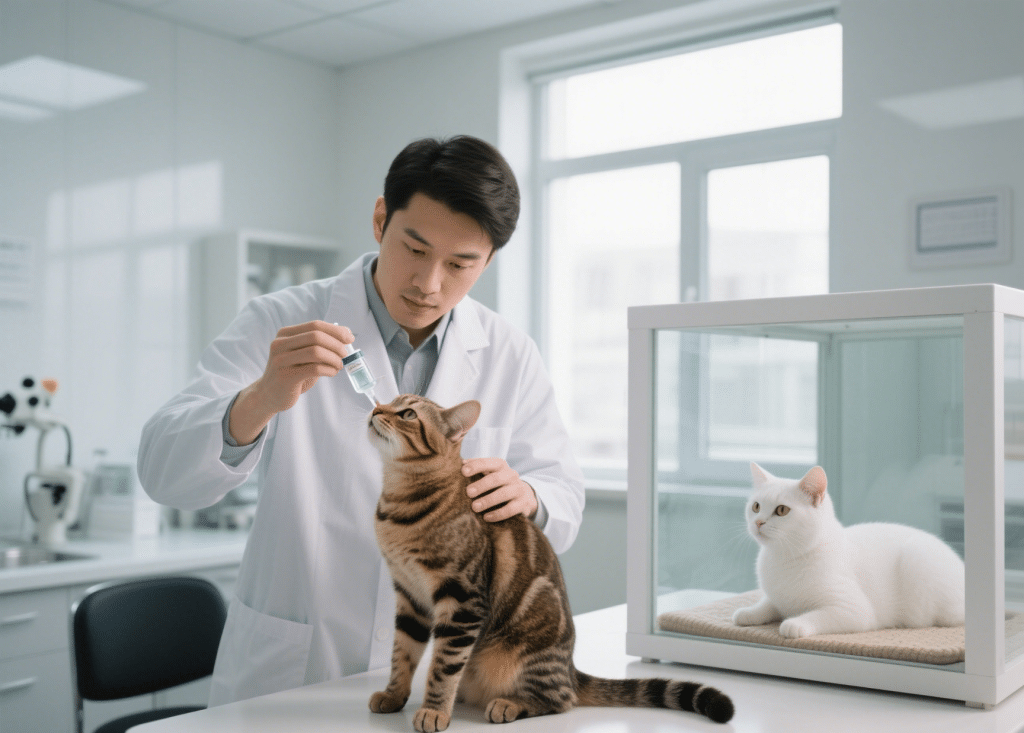
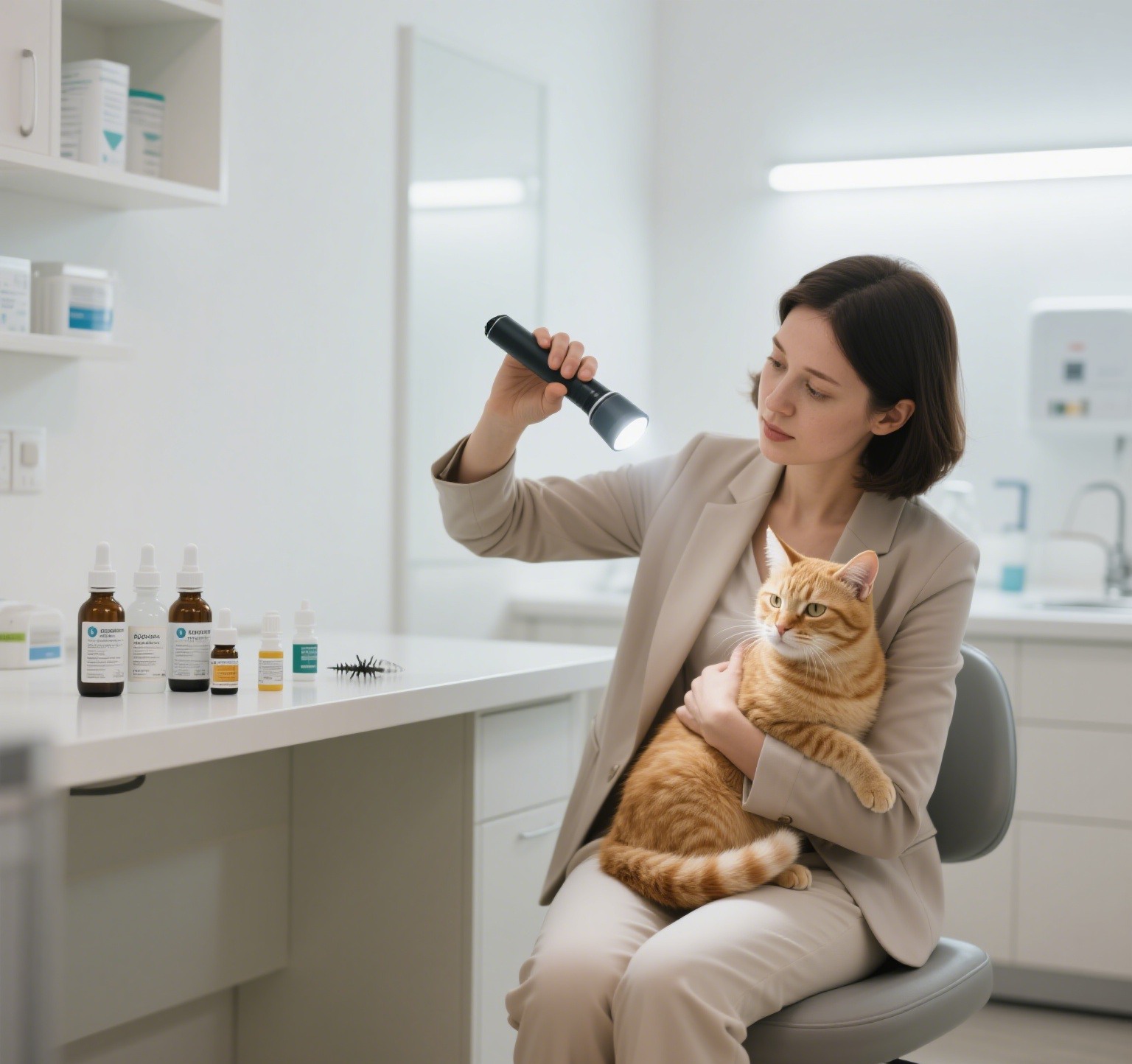
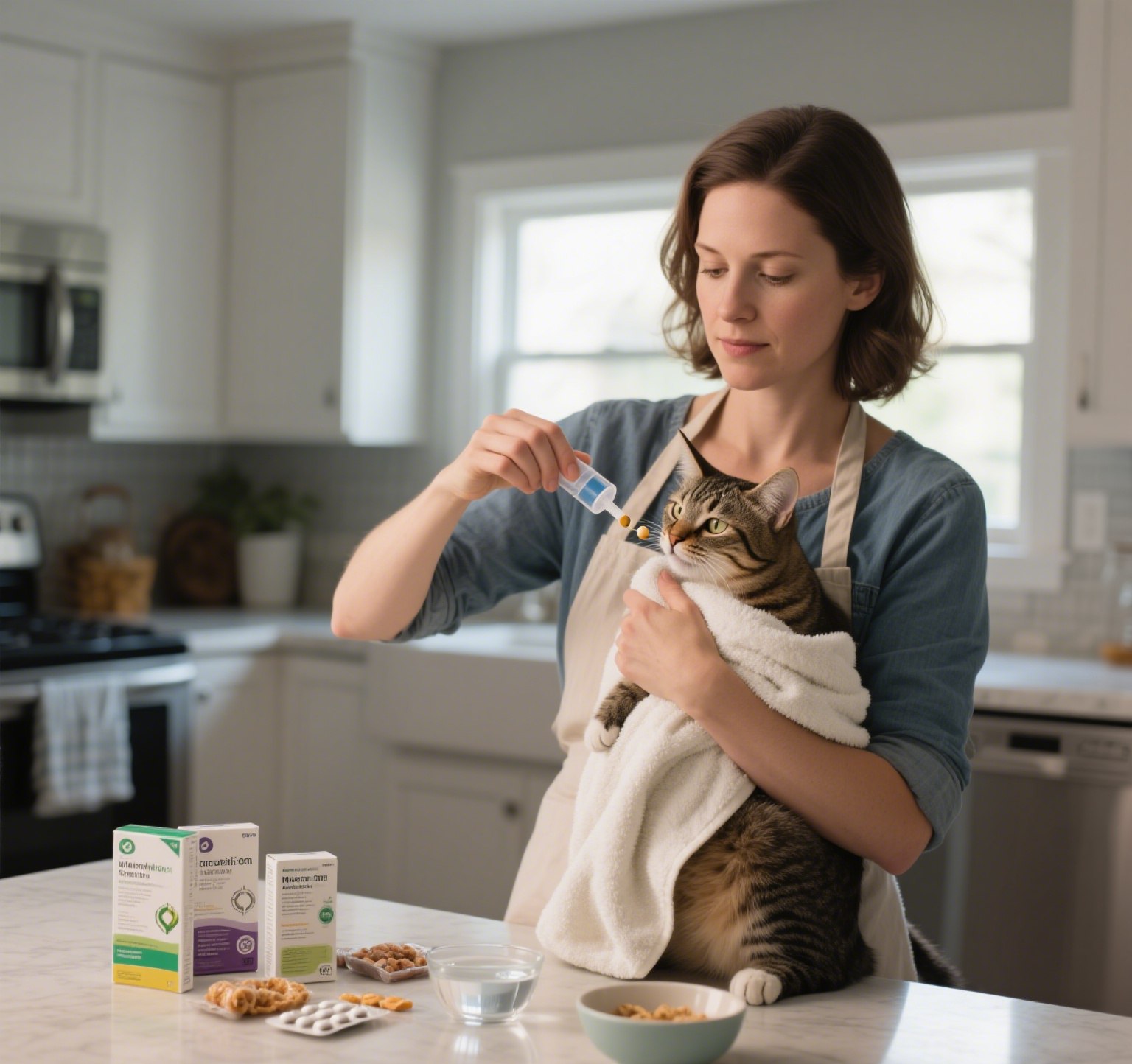
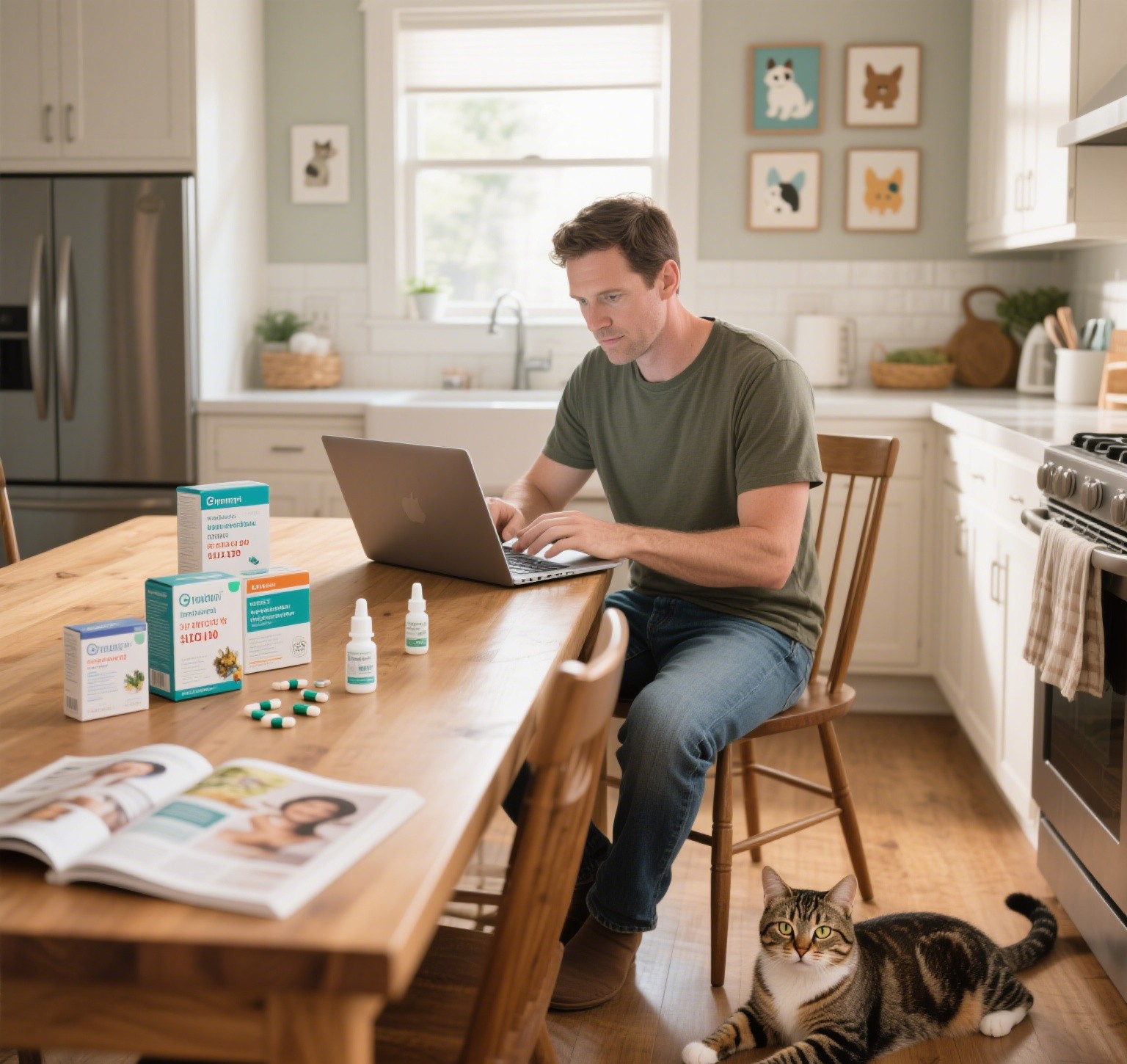
Comments on " Is Vomiting or Diarrhea After Deworming Normal for Cats?" :